I think, sometimes, we forget that the world has always lived with one foot in the invisible. Even now, in the age of algorithms and satellites, we still whisper hopes into the sky. We still close our eyes and ask—whether to a god, the universe, or something nameless—for help, for healing, for something more. And that, to me, is where magic and prayer meet: in that quiet moment when we dare to believe something unseen is listening.
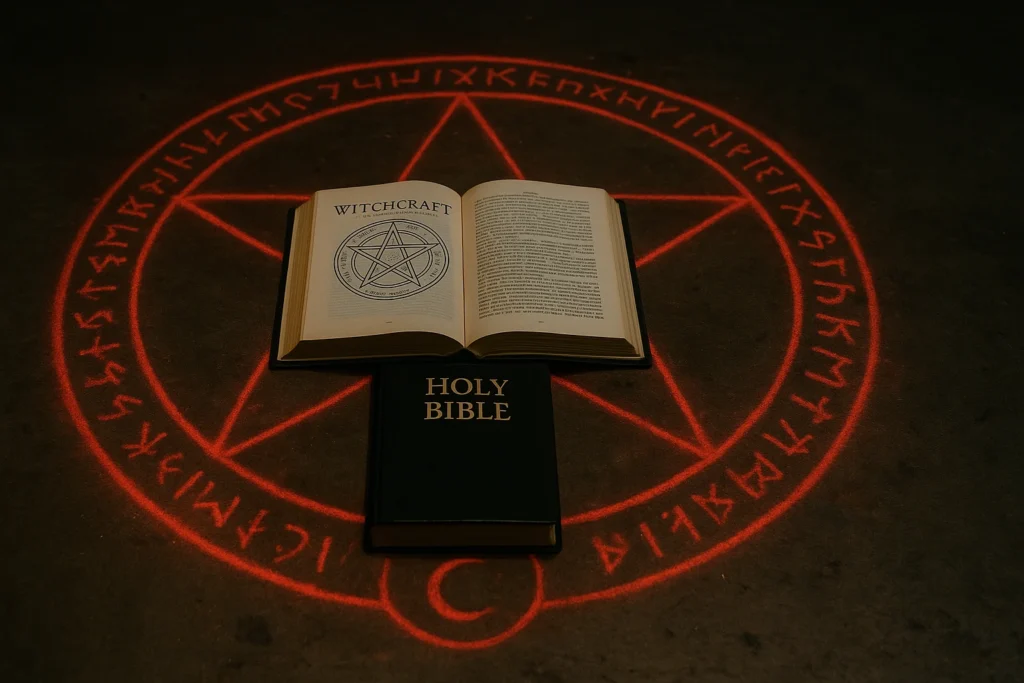
Magic and prayer aren’t opposites. They aren’t even far apart. If anything, they’re cousins—born from the same human ache to touch something bigger, to bend fate just a little, to feel less alone.
Let’s break it down.
Is magic allowed in Christianity?
No—traditional Christian teaching forbids magic. The Bible is pretty clear about this:
“Let no one be found among you… who practices divination or sorcery, interprets omens, engages in witchcraft…”
— Deuteronomy 18:10-12
Why? Because magic usually involves trying to manipulate spiritual forces or gain control outside of God’s will. Christianity teaches that power comes from God alone, and seeking power elsewhere is considered idolatry or rebellion.
Does Jesus use magic?
People in Jesus’ time sometimes accused Him of using magic because of His miracles. But the Bible shows a big difference:
- Jesus healed, raised the dead, calmed storms—not by spells, but by divine authority.
- His power came from God, not from mystical forces.
Jesus Himself rejected the idea of “magical signs” just to impress people (Matthew 12:38-40).
The Language of Wanting
Prayer, in its simplest form, is conversation. I guess you could say it’s often framed as a humble request, like, Please help me through this day, or Take care of the people I love. But it can also be raw and angry and confused—“Why me?” “Where are you?” That’s still prayer. It’s the voice inside you that needs to be heard.
Magic, on the other hand, is often more structured. A ritual. A candle lit at midnight. A spell whispered into a glass of water. It’s still asking for something, but there’s this element of control to it. Like saying, “I can shape this,” even just a little. It’s not necessarily about commanding the world—it’s about co-creating with it.
Both are rooted in intention.
That’s the thread, right? Intention. Whether you’re on your knees or circling herbs around a bowl, you’re focusing your will. You’re saying, “This matters. Let this be known.”
What is the powerful magical prayer?
In Christianity, prayers aren’t considered “magic”, but some prayers are seen as very powerful because of their spiritual significance and faith behind them.
Examples:
- The Lord’s Prayer (taught by Jesus)
- Psalm 91 (a prayer of protection)
- The Jesus Prayer (“Lord Jesus Christ, Son of God, have mercy on me, a sinner.”)
But remember: in Christianity, prayer is not a spell. It’s not about control—it’s about relationship, faith, and trust in God.
Ancient and Ever-Present
I think it’s kind of wild how far back all this goes. Long before churches, before books, people were speaking to the stars. To rivers. To bones. They weren’t separating magic from prayer. Those lines didn’t even exist. Lighting a fire and whispering over it was sacred. Planting seeds under a full moon was a spell and a prayer.
Even now, when you light a candle for someone you’ve lost, what is that if not a bit of both? A flicker of hope and ritual and memory. Something sacred.
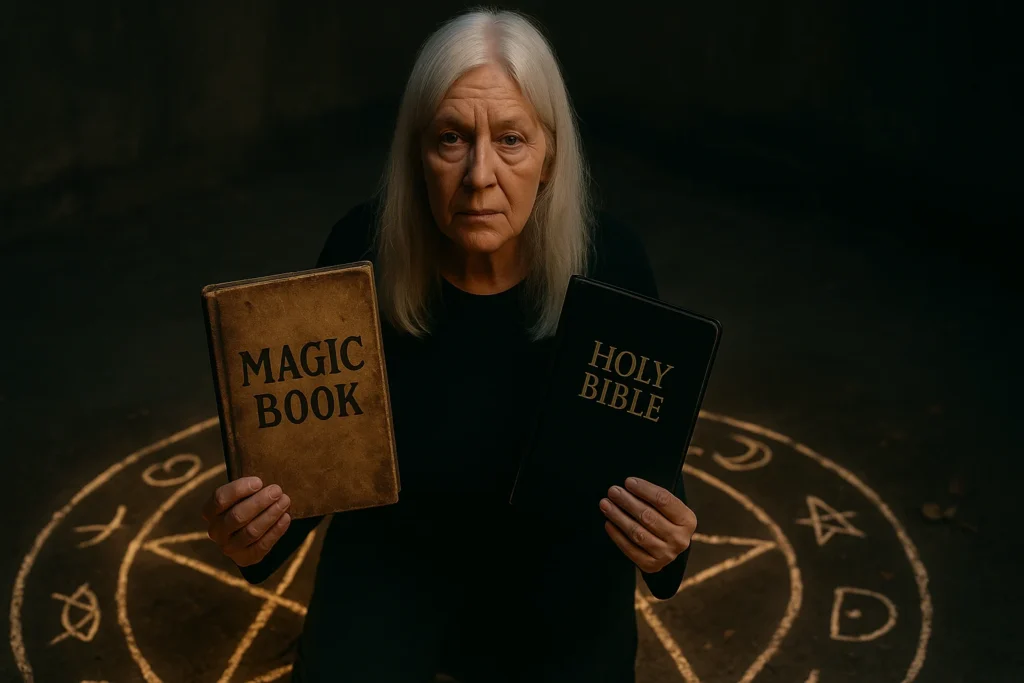
Who is the god of magic?
In Christianity: There is no “god of magic”. Magic is generally seen as forbidden, and any supernatural power not from God is considered either illusion or demonic in origin.
In mythology (like Greek or Norse):
- You’ll find figures like Hermes (Greek) or Freya (Norse) associated with magic.
- But Christianity sees these as false gods or legends, not real divine powers.
Faith vs. Power? Maybe Not.
A lot of people try to split prayer and magic by calling one “divine” and the other “manmade.” Like prayer is asking God to intervene, and magic is trying to do it yourself. But I don’t know if it’s that simple.
In both, you’re acknowledging that you aren’t all-powerful. You’re reaching out. Whether to angels, ancestors, the spirit of the forest, or the energy that binds everything, you’re still stepping into mystery. And honestly, that takes guts. To believe that your voice—even in the dark—can make ripples.
Magic might wear the cloak of control, and prayer might wear the robe of surrender, but underneath…they’re both acts of trust.
Why is prayer called a magical power?
Sometimes people describe prayer as having “magical power” because of the miracles or emotional impact it can bring. But from a Christian view:
- Prayer isn’t magic.
- It’s not about formulas or rituals.
- It’s about connecting with God, trusting Him, and aligning with His will.
So the “power” comes from God, not the prayer itself.
The Modern Spellcaster and the Midnight Pray-er
I guess what fascinates me most is how people still do this every day, without even realizing. Someone will say, “I don’t believe in magic,” but then they’ll carry a lucky charm, or say a little mantra before a job interview.
Or someone who says they don’t pray will still look up at the sky and say, “Please.”
We’re all looking for meaning. For help. For miracles.
And honestly? That’s beautiful.
So What’s the Difference?
Maybe it doesn’t matter.
Maybe what matters is what’s behind it. The love. The hope. The fire.
Maybe magic is prayer dressed in ritual. And prayer is magic dressed in humility. Maybe both are just different dialects of the same ancient language.
I think—no, I feel—that when we speak into the unknown, something listens. Whether it’s a god, a spirit, the energy of the earth, or even just the deepest part of ourselves…there’s power in it.
And that power? That’s where the real magic is.
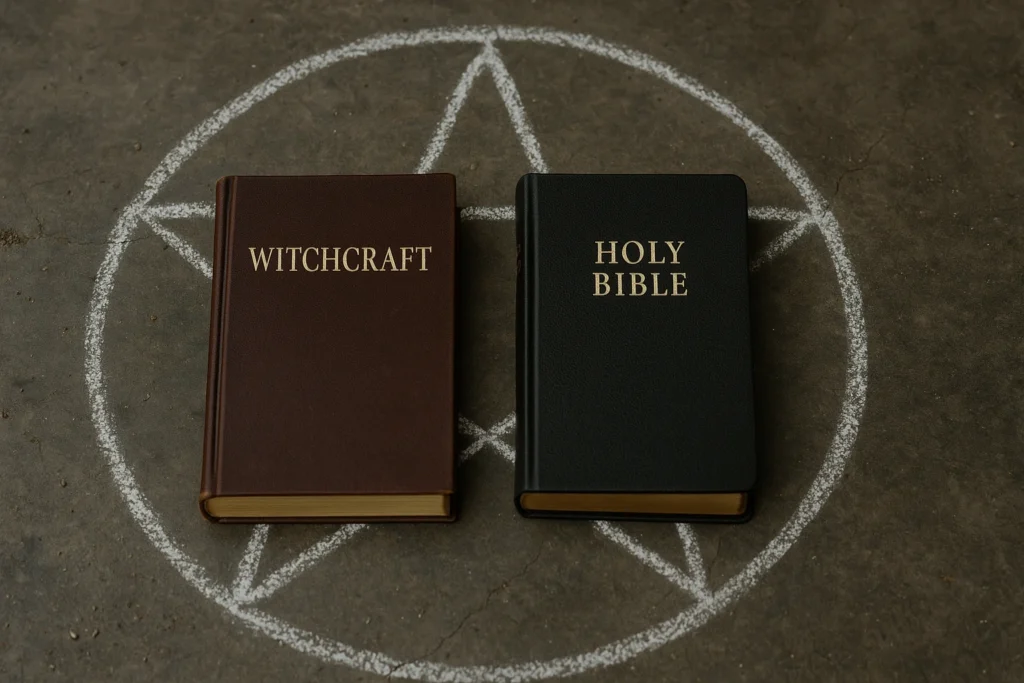
What is the difference between God and magic?
- God: In Christianity, God is the creator, all-powerful, loving, and personal. He acts with purpose, wisdom, and grace.
- Magic: Often seen as a system where people try to control or manipulate spiritual forces for their own purposes.
Key difference:
- Magic = control
- God = sovereignty (you don’t control Him—you follow Him)

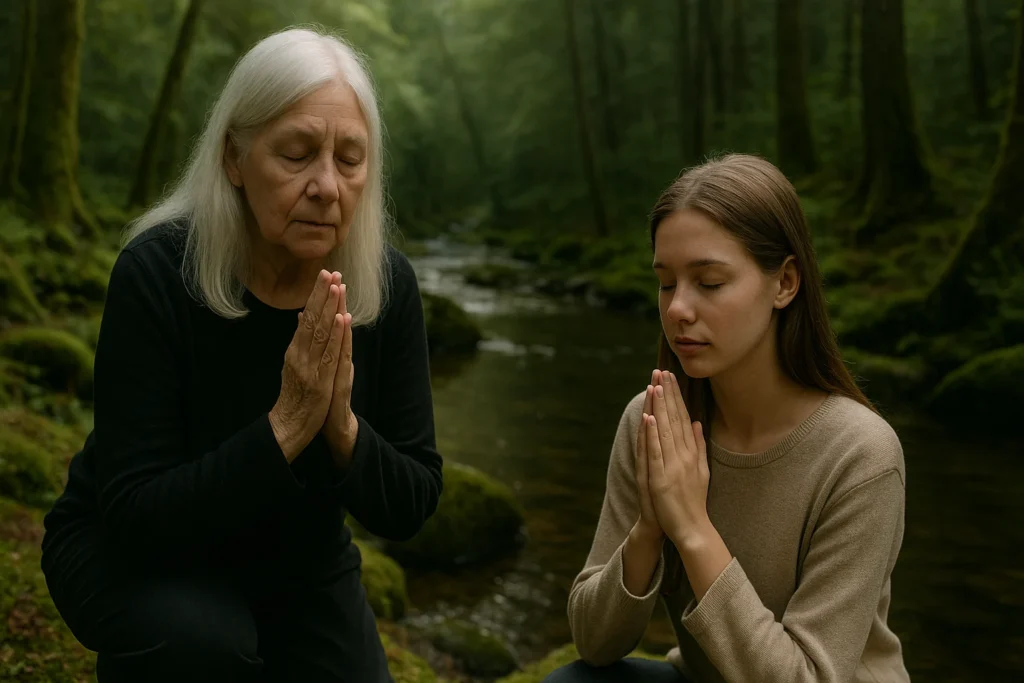
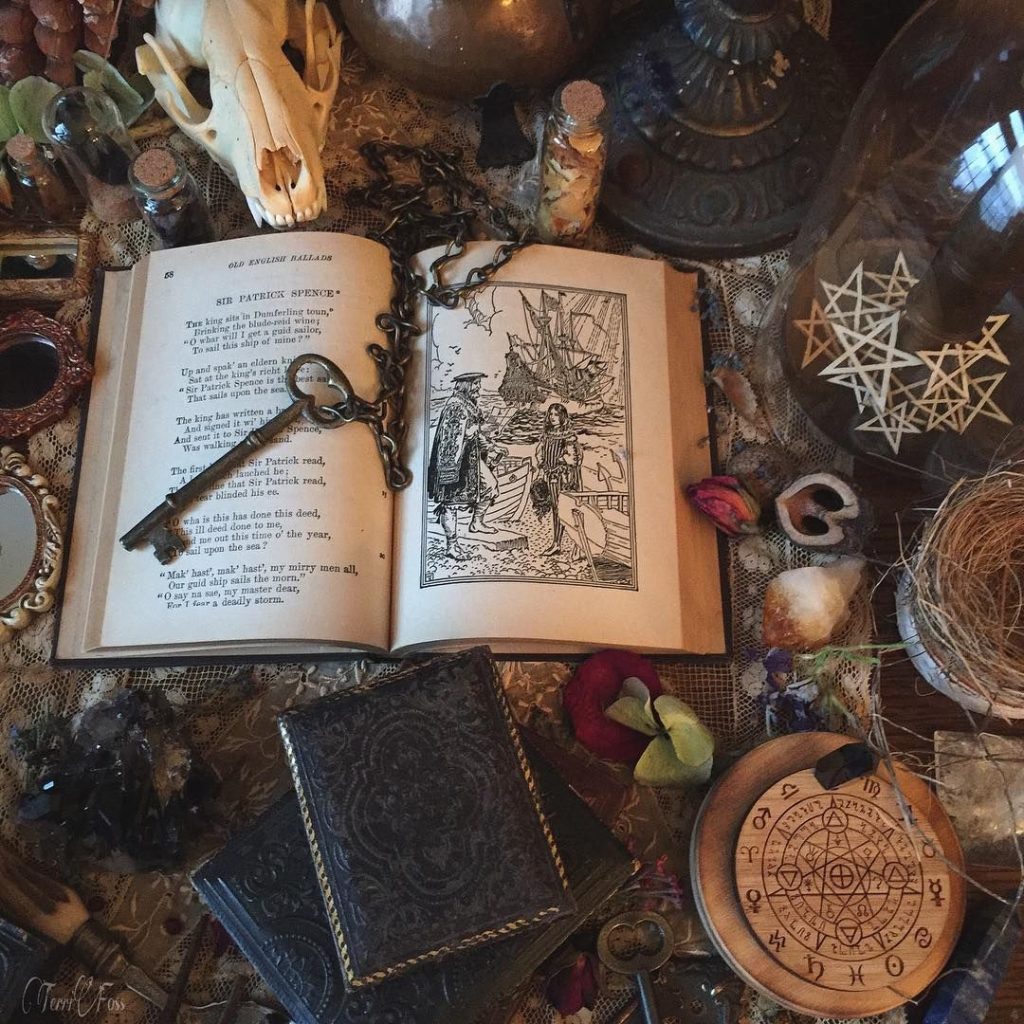

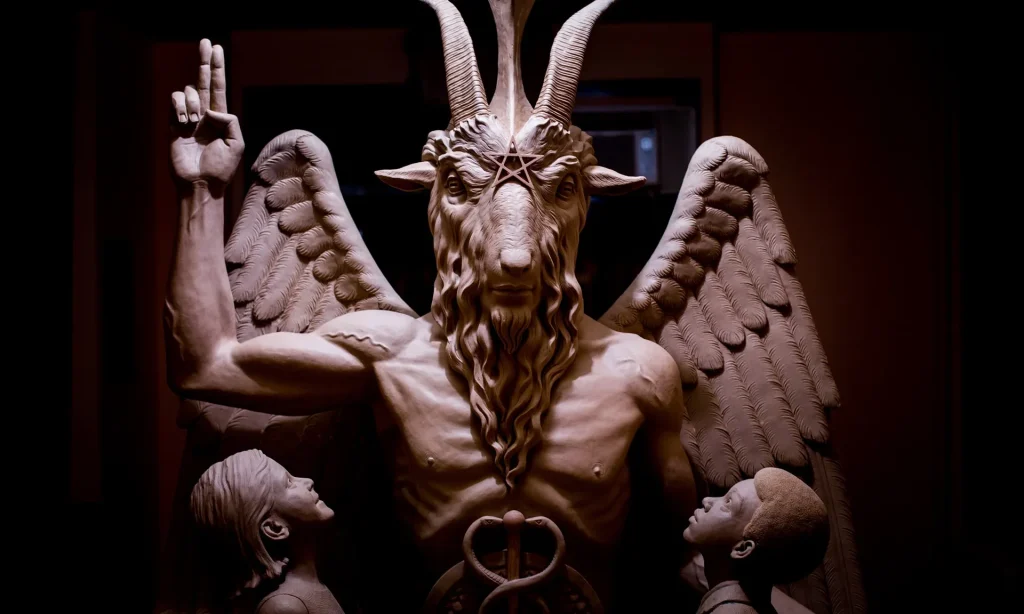
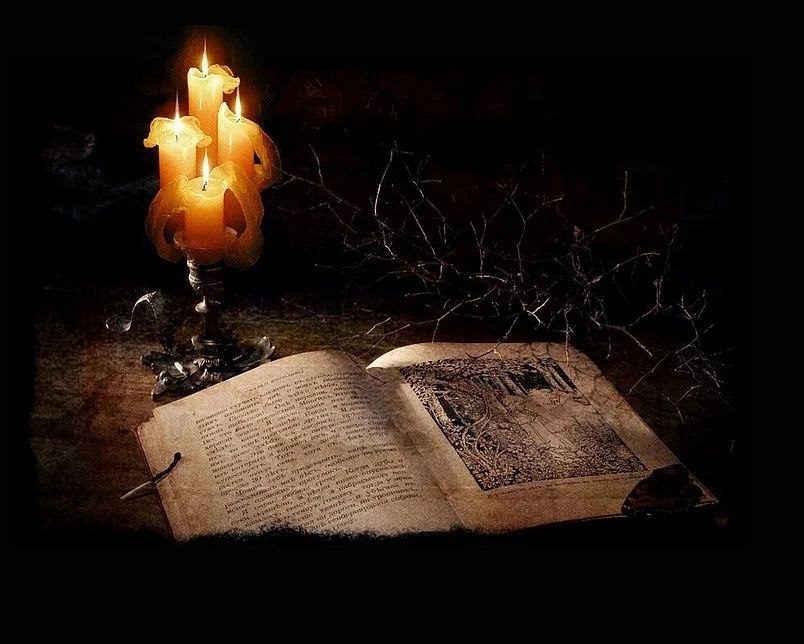
Hello, you used to write great, but the last few posts have been kinda boring?K I miss your tremendous writings. Past several posts are just a little out of track! come on!